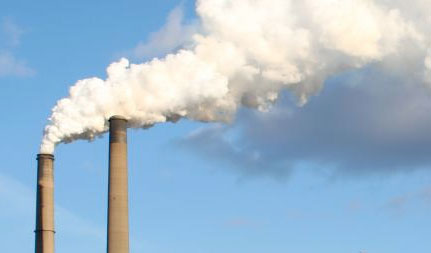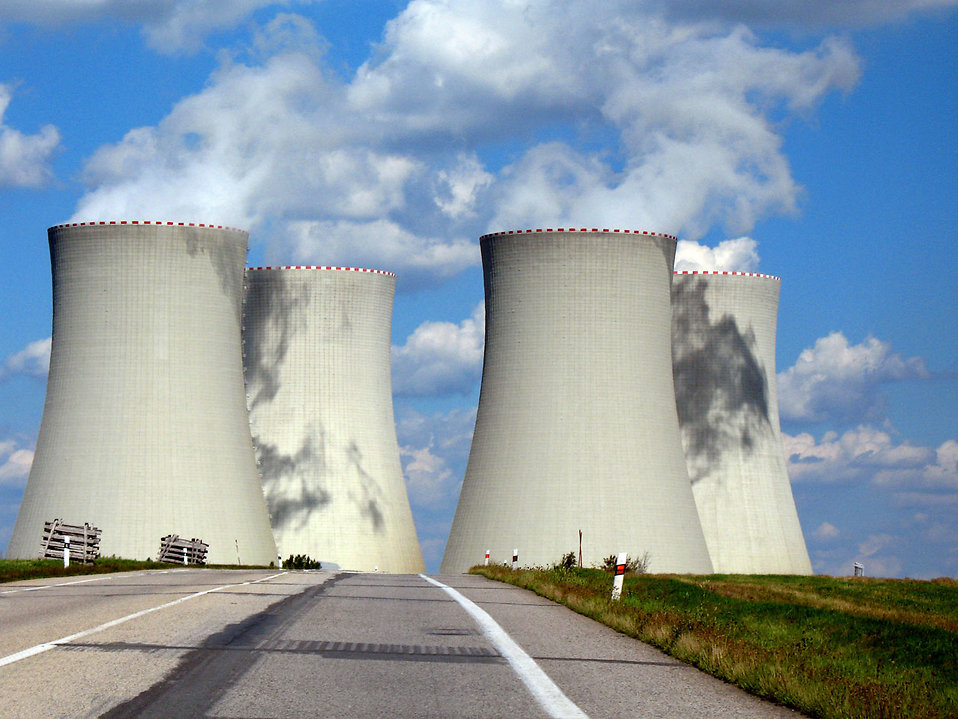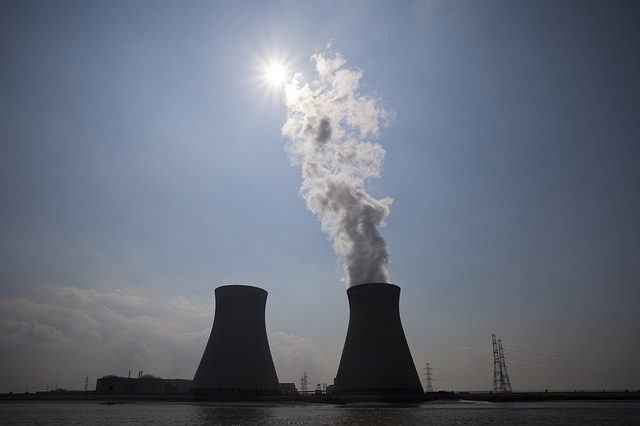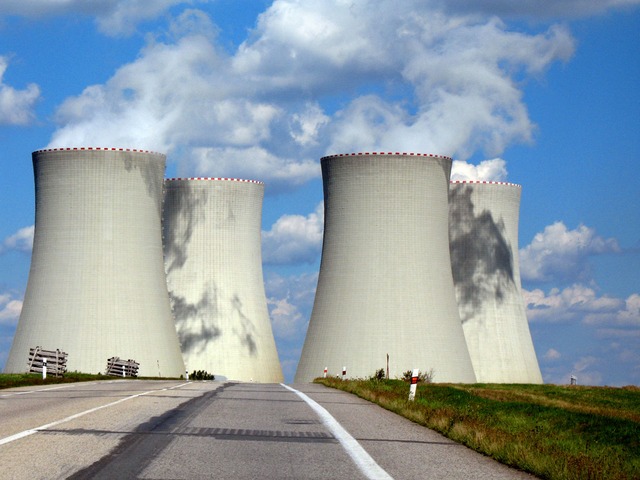Much has been made of late about EPA’s authority to develop federal implementation plans (FIPs) to achieve the state-based GHG emissions reduction targets the agency is preparing establish under Clean Power Plan. Led by Senator Mitch McConnell, objectors have loudly urged states not to submit plans at all. Instead, they […]
Energy
On numerous occasions Senator Mitchell McConnell, the Senate Majority Leader, has attacked the upcoming Clean Power Plan regulations that the Environmental Protection Agency (EPA) is scheduled to issue in June of this year. Most notably, on March 19, 2015, he sent a letter to the National Governors Association urging the […]
The date is approaching for EPA to finalize its rules for controlling carbon dioxide emissions from existing power plants, and states are contemplating their responses to those rules. A number of commentators have recommended that states “just say no” to EPA and refuse to prepare state plans complying with the […]
The Sabin Center has published “Electricity Sector Adaptation to Heat Waves” by Sofia Aivalioti, a student in the Joint European Master in Environmental Studies – Cities & Sustainability program and a Visiting Scholar at the Center last fall. The white paper takes an up-close look at the impacts of extreme heat events on […]
Jennifer M. Klein, Esq. Associate Director & Fellow The Nuclear Regulatory Commission (NRC) recently finalized a rule regarding the storage of highly radioactive spent nuclear fuel at individual power plants beyond the duration of each plant’s operating license. The NRC’s Final Generic Environmental Impact Statement (GEIS) for the rule addressed potential climate […]
by Jordana Fremed, Summer Intern In September 2015, the U.S. Fish and Wildlife Service will decide whether or not to list the greater sage-grouse as threatened under the Endangered Species Act of 1973.[1] The proposed listing has caused conflict between two groups of environmentalists: conservationists and advocates of renewable energy […]
By Yeein Lee, Summer Legal Intern Even as President Obama’s commitment to fight climate change has led his Administration to support low-carbon nuclear power,[1] many U.S nuclear power plants are being shut down or slated to shut down, and fewer companies are seeking licenses to build new plants. Although the US […]
By Alyssa Kutner, Summer Legal Intern There has been a lot of discussion and press around the EPA’s new Clean Power Plan, which is intended to reduce CO2 emissions from existing power plants by 30% from 2005 levels by 2030. The EPA proposed this plan on June 2nd under its Clean […]








